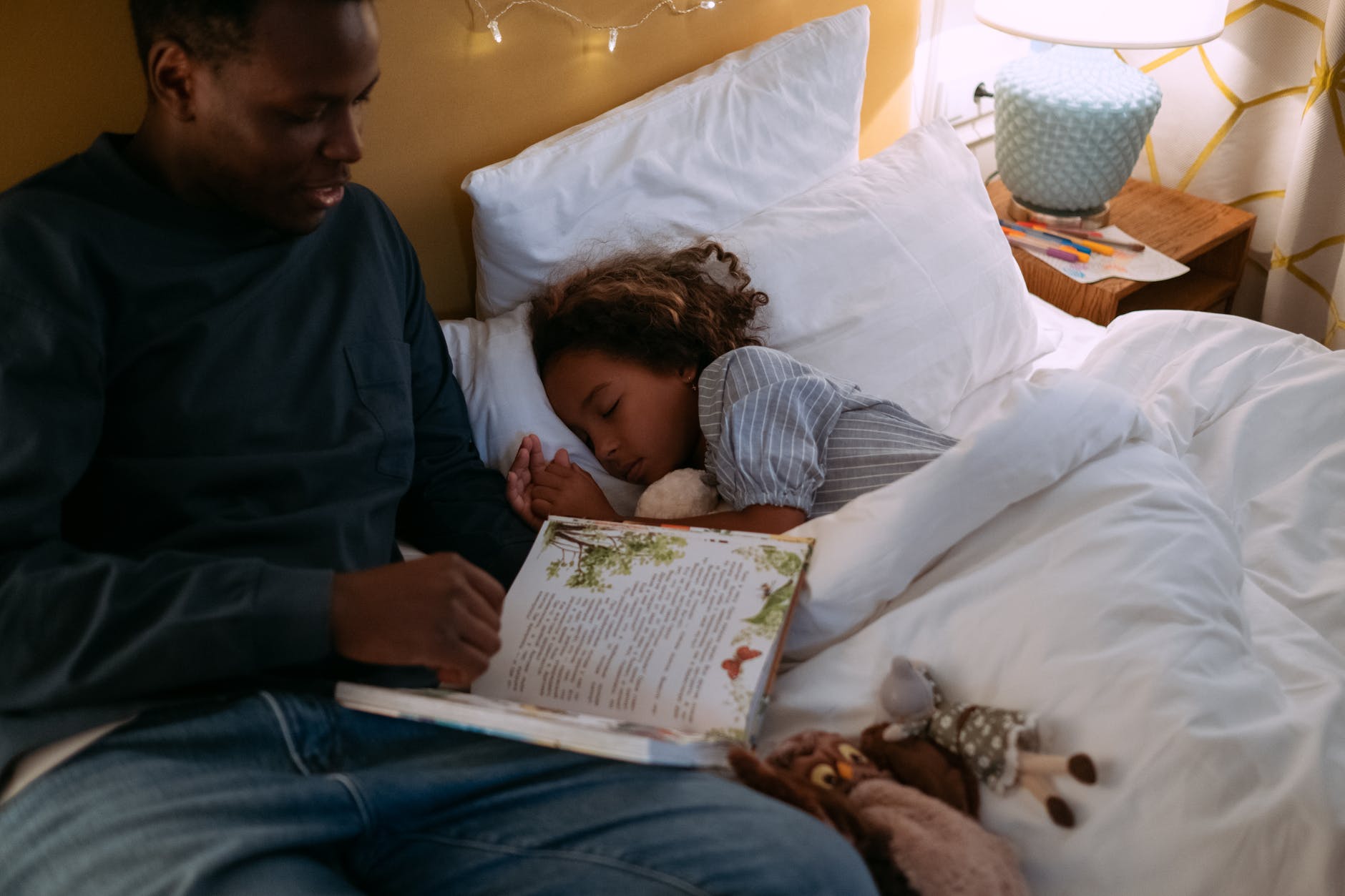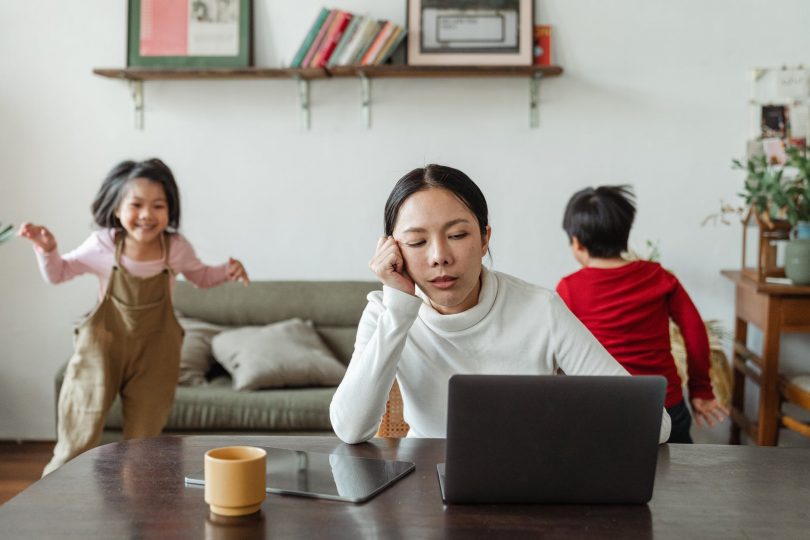Getting young children to go to sleep in the evenings is an age-old battle for parents. However, with summer finally here, a new study has revealed just how much the longer days are affecting children’s sleep – and it’s impacting parents’ wellbeing, too.
The independent study of parents with three to eight year-olds has been conducted by children’s audio system tonies® and reveals that youngsters take an average of 45 minutes longer to get to sleep in summer compared with winter. Almost a fifth (19%) of children take over an entire hour longer to nod off in the summer months.
| Top 10 things parents would give up for their children to go to sleep easily |
| 1. No social media for a month (31%) |
| 2. Their favourite snack (29%) |
| 3. No alcohol for a month (27%) |
| 4. No new clothes for a year (26%) |
| 5. No takeaways/meals out for a year (26%) |
| 6. No hair appointments for a year (25%) |
| 7. Not seeing friends for a month (24%) |
| 8. £100 (24%) |
| 9. Date nights (23%) |
| 10. A family holiday (18%) |

With their own sleep and wellbeing no doubt dictated by that of their children, the study reveals some of the lengths parents would go to if it meant their kids would go to sleep on time and without fuss. A quarter (25%) said they would give up hair appointments for a year, with roughly the same number (24%) saying they would forfeit seeing friends for a month. Plus, almost a fifth (18%) reckon they’d go without a family holiday if it meant their child would go to bed easily.
There are several reasons for children taking longer to get to sleep in the summer months. Over half (55%) of parents blame the increased daylight around bedtime, and 40% think it is due to children being more active and playing outside for longer. Screens are also an area of concern: over a third (35%) say it takes their children longer to get to sleep in summer due to more time spent on screens when off school.
To further support frazzled parents, tonies® has partnered with sleep expert, Lucy Wolfe, to provide guidance on how to promote positive sleep habits in their children. Wolfe commented: “After a day of playing outdoors, it can be helpful to introduce some quiet time to give your child the chance to slow down and relax before bedtime. With the increased daylight hours also a real concern, making sure children’s bedrooms are dimmer before the bedtime routine starts can be a helpful way to stimulate melatonin production and make them feel a little more sleepy.”









Leave a Comment
You must be logged in to post a comment.